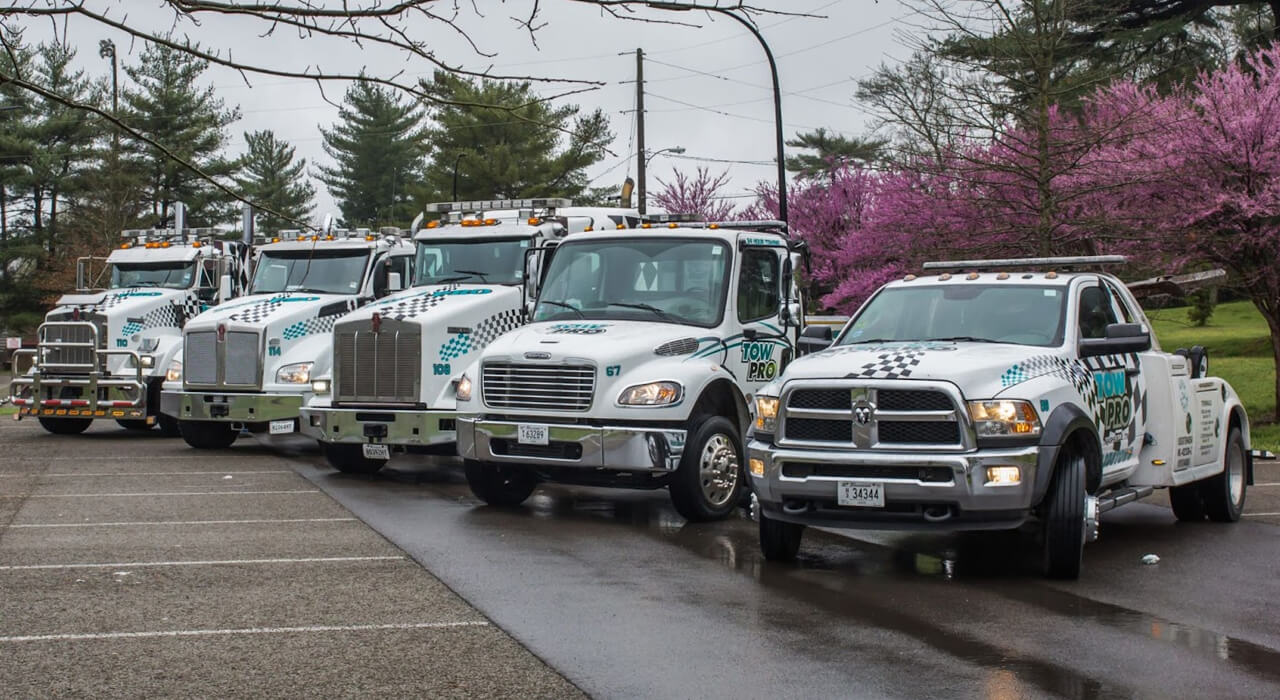The difference between heavy-duty and light-duty vehicles is extremely important in determining their uses and defining their capabilities. High-quality parts play an important part in maintaining the powerful engines of heavy-duty trucks, which are often overlooked.
Understanding the specifications and use cases of both parties reveals different needs that cater to many different businesses.
Heavy Duty Trucks
Heavier-duty trucks emerge as the transportation industry’s heroes, exactly designed for tasks that need considerable torque and capacity. Their heavy duty engines require higher quality parts for maximum use.
This broad heavy duty truck category includes a wide range of specialized vehicles, such as concrete pump trucks and heavy-duty dump trucks that are specifically designed to lift and move large quantities of cargo, commodities, cargoes, and materials.
Applications
Heavy-duty trucks are extremely versatile and play an important role in a wide range of industries and applications. These heavy-duty vehicles come in handy for rescue and recovery operations, ensuring quick responses during crises involving stranded or damaged vehicles.
They are designed for heavy lifting and excel at transporting large furniture, appliances, and construction items with precision and reliability. Heavy-duty trucks are vital in long-distance hauling, especially on busy construction sites where durability and power are important.
Suggestion: Top 7 Things To Keep In Mind When Buying An Electric Vehicle
They are also the favored choice for bulk material hauling, capable of transporting huge amounts of beverages, soft drinks, liquors, and similar products. Moreover, their strong capabilities extend to specialized waste management, which helps in effective garbage collecting and disposal tasks.
Benefits
Setting industry standards, heavy-duty trucks have great payload and towing capacity, making them the favored choice for transporting large cargo.
Beyond functionality, these trucks prioritize comfort with luxurious amenities that improve the overall experience for both drivers and passengers.
Heavy-duty trucks are designed for all-weather use and perform well on and off the road, delivering consistent performance regardless of environmental conditions.
Light Duty Trucks
Light-duty trucks, including micro trucks, vans, and pickups, are designed to deliver smaller and lighter loads.
With a payload capacity of less than 4,000 pounds, these adaptable trucks are useful for transporting lightweight furniture during residential moves, delivering goods to local businesses, and easing personal transportation for individuals.
Applications
Light-duty trucks perform an important role in a wide range of applications, functioning as versatile vehicles for specific demands. Their form and capabilities make them excellent for short-distance transportation and distribution of items inside localized zones.
Also Check: Land Rover Vs Range Rover- What Is The Difference?
In intercity tasks, these trucks efficiently deliver light cargo, goods, and materials, contributing to smooth transportation networks. Beyond commercial uses, light-duty trucks find service in personal transportation, often working as family cars for trips and daily commuting.
Moreover, they meet the needs of local businesses by easing the transportation of relatively light goods.
Benefits
The benefits of light-duty trucks go beyond the many uses they have, with an emphasis on practical benefits that improve efficiency and convenience. These trucks, with their solid and compact design, ensure resilience and endurance, capable of handling a variety of tasks.
Their fuel-efficient engines contribute to minimal operating costs, making them an affordable option for both businesses and people. The use of air brakes improves braking efficiency, raising safety standards for drivers and cargo.
Light-duty trucks are equipped with radial tires that have an extended lifespan and a low aspect ratio, providing reliability and cost-effectiveness in terms of maintenance. These benefits are the reason why light-duty trucks are gaining popularity since the 1980s.
Comparison Table:
| Aspects | Heavy Duty Trucks | Light Duty Trucks |
| Storage | Spacious, designed for large cargo | Moderate size, suitable for smaller loads |
| Loads | Lifts large and heavy loads efficiently | Specializes in transporting lighter loads |
| Design | Built for maximum payload and endurance | Aerodynamic design focused on optimal fuel efficiency |
| Engine | Mostly diesel engines | Uses diesel engines and Compressed Natural Gas (CNG) |
| Roads | Suited for both on and off-road terrains | Primarily designed for on-road tasks |
| Body Type | Diverse types, including trucks, tippers, tractors, and transit mixers | Includes trucks, mini trucks, and pickups |
| Distance | Built for long-distance transportation | Used for short-duration or intercity operations |
| Tonnes | Gross Vehicle Weight (GVW) of 16 tonnes and above | GVW up to 8 tonnes |
It is imperative for businesses to understand the minor differences between heavy-duty vehicles to ensure that the chosen vehicle properly matches the specific needs of the intended task. Whether you choose the fierce heavy-duty trucks or the agile efficiency of their light-duty counterparts, the decision is based on a careful consideration of criteria such as payload capacity, travel distance, and intended uses.







